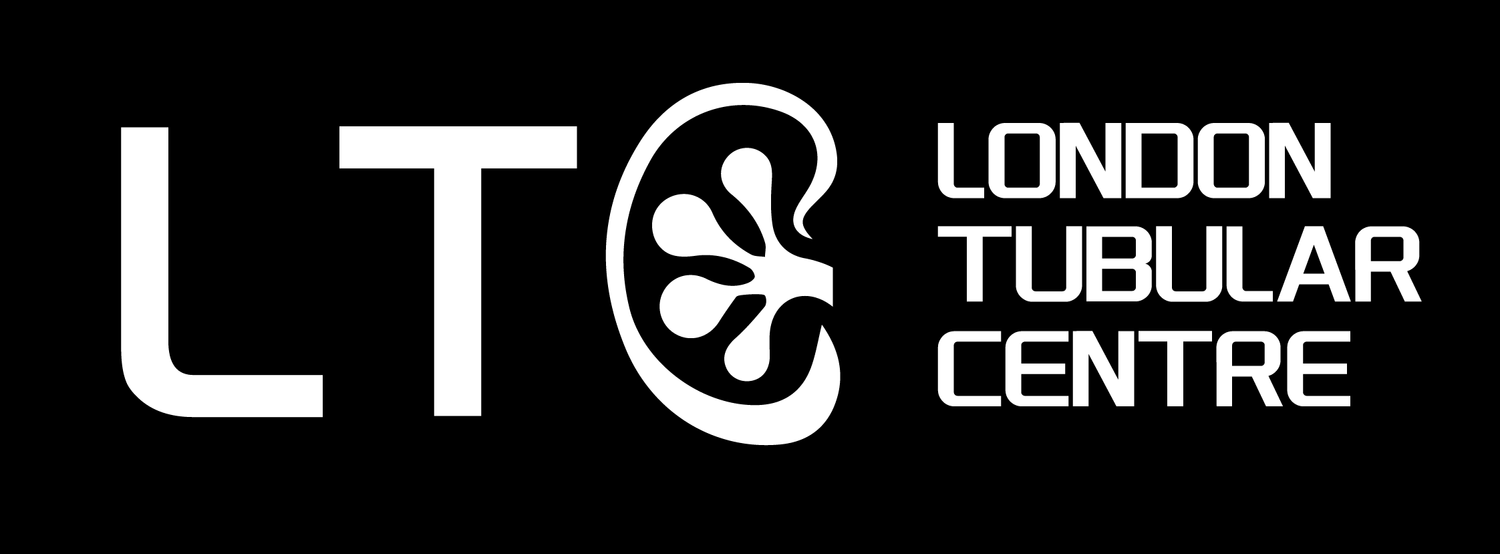Specialist Clinics
The LTC has two specialist clinics that run every week at GOSH (paediatric tubular disease, Dr Wesley Hayes) and the Royal Free Hospital (adult tubular disease, Prof Stephen Walsh, Dr Rhys Evans). In addition to this we run a superspecialist ‘Gitelman and Bartter’ clinic where we exclusively see patients with genetic salt losing tubulopathies (SLTs), which include Gitelman syndrome (we look after the largest cohort in the UK), Bartter syndrome, EAST syndrome and Pseudohypoaldosteronism Type1 (PHA1). This better enables us to integrate specialist dietetic and pharmacy care, as well as organise patient engagement and research project recruitment and sample collection. This clinic runs 4 times a year.
Transition Agreements
Royal Free Hospital
The LTC has a bi-monthly transition MDT in order to ensure that referrals are smoothly passed on to the adult clinic and that important issues are efficiently handed over so that care is continuous and seamless. This also acts as a way to harmonise practice for adolescent patients and as a platform for ongoing quality control for both clinical services.
Furthermore, this service acts as a way to enable the ‘circle of life’ so that affected children of patients with genetic tubular disease can be referred efficiently to the LTC clinic at GOSH.
Great Ormond Street Hospital
The LTC encompasses both paediatric care at Great Ormond Street Hospital for young patients with genetic tubular disease and adult care at the Royal Free Hospital for patients above the age of 18 with either genetic or acquired tubular disease.
As child patients grow up, they need to transition to adult care; this is often seen as a dangerous time, when important information, or even entire referrals can get lost.



